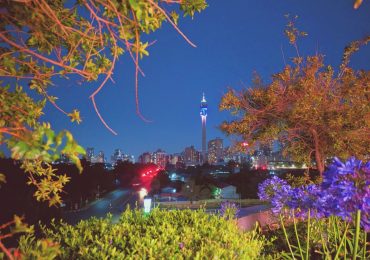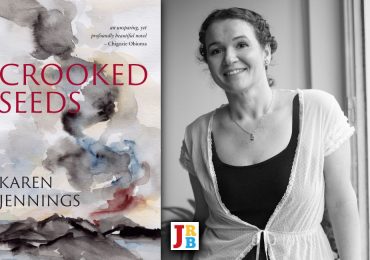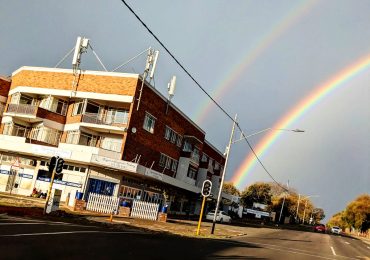Image: Bloomsbury editor-in-chief Alexandra Pringle, Kamila Shamsie and her literary agent Victoria Hobbs (Credit: Bloomsbury UK)
British–Pakistani writer Kamila Shamsie has won the Women’s Prize for Fiction for her seventh novel Home Fire, which reimagines Sophocles’s Antigone in a contemporary setting, through the story of a British Muslim family’s connection to Islamic State.
Shamsie wins £30,000 and the ‘Bessie’, a limited edition bronze figurine, both anonymously endowed to the prize.
As she pointed out in her acceptance speech, Shamsie has been shortlisted for the Women’s Prize in all its incarnations, as the Orange Prize for Fiction and the Baileys Women’s Prize for Fiction.
‘My life as a writer, I think, is divided into two halves,’ Shamsie said. ‘The first half before I was shortlisted for this prize, and ever since.’
Later, she said: ‘The Women’s Prize for Fiction shortlist has such power. I know when I was first shortlisted it changed my life as a writer. People were just reading the books more, and that’s what you want as a writer. This shortlist is one of the most successful ways of getting books into the hands of readers, so that means a lot.
‘The other thing that means a lot is the quality of the writers who have been shortlisted, which is just extraordinary. So you feel proud to be in that company.’
The Women’s Prize is awarded annually to a female author of any nationality for the best original full-length novel written in English and published in the United Kingdom. It was inspired by the 1991 Booker Prize shortlist, which didn’t feature a single book by a woman, despite the fact that around 60 per cent of the novels published that year were by female authors. The prize is now well into its second decade.
This year’s chair of judges, Sarah Sands, says: ‘This was a dazzling shortlist, it had depth and richness and variety. We were forcibly struck by the quality of the prose. Each book had its champions. We loved the originality of mermaids and courtesans, we were awed by the lyrical truth of an American road trip which serves as a commentary of the history of race in America, we discussed into the night the fine and dignified treatment of a woman’s domestic abuse, we laughed over a student’s rite of passage and we experienced the truth of losing a parent and loving a child.
‘In the end we chose the book which we felt spoke for our times. Home Fire is about identity, conflicting loyalties, love and politics. And it sustains mastery of its themes and its form. It is a remarkable book which we passionately recommend.’
Shamsie grew up in Karachi and now lives in London. She is the author of six novels: In the City by the Sea (shortlisted for the John Llewellyn Rhys Prize); Salt and Saffron; Kartography (also shortlisted for the John Llewellyn Rhys Prize); Broken Verses; Burnt Shadows (shortlisted for the Orange Prize for Fiction) and A God in Every Stone, which was shortlisted for the Baileys Prize, the Walter Scott Prize for Historical Fiction and the DSC Prize for South Asian Literature. Three of her novels have received awards from Pakistan’s Academy of Letters. Shamsie is a Fellow of the Royal Society of Literature and was named a Granta Best of Young British Novelist in 2013. Home Fire was longlisted for the 2017 Man Booker Prize.
The 2018 Women’s Prize for Fiction shortlist
- Elif Batuman, The Idiot
- Imogen Hermes Gowar, The Mermaid and Mrs Hancock
- Jessie Greengrass, Sight
- Meena Kandasamy, When I Hit You: Or, A Portrait of the Writer as a Young Wife
- Kamila Shamsie, Home Fire
- Jesmyn Ward, Sing, Unburied, Sing





